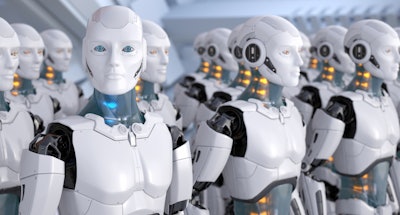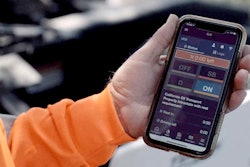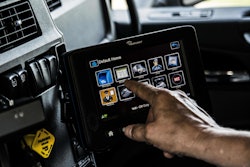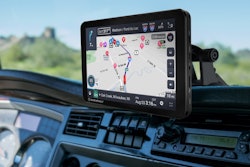
I get it. You are a technology company competing for funding and media attention. You have the next best thing since sliced bread but if you can’t sell it, no one will know. The ends may seem to justify the means. After all, it’s business – the closest thing to war many of us see firsthand. But how you beat your path to success is important. Your company image is important. And despite a lot of examples to the contrary, your customers do remember.
I recently led a panel at NACFE’S Autonomous Trucking Workshop in Indianapolis. It was held in conjunction with the Indy Autonomous Race event where teams of college students from all over the world competed for a $1 million prize by racing autonomous Indy Lights cars at the storied Brickyard.
Mike Roeth, NACFE’s executive director, concluded the workshop by asking the attendees what could we all do better to help facilitate autonomous trucking?
I stated that we as an industry need to stop promoting autonomous trucks by denigrating human truck drivers.
The foreseeable future of freight requires both human and computerized drivers. Meeting aggressive emissions reduction goals requires both human drivers and autonomous ones.
We just all went through a major sea change in public opinion about truck drivers. COVID-19 in 2020-2021 taught everyone that truck drivers are essential. They are good and, on the front lines fighting for us all in delivering all we need, they are brave.
Why throw all that positive vibe under the truck to promote autonomous trucking? Why help feed fear? Why empower those that chase nuclear verdicts? Those that promote ever more restrictive regulations?
Maybe as an engineer, I naively still believe facts matter. Truck drivers safely drive a massive amount of miles every year. Yes, humans make mistakes driving, but so do computers. And both always must strive to be better. But the overall statistics are amazingly good. Just watch for those celebrations where drivers have 1 million safe miles. Most of us driving cars will never see a million driving miles in our lifetimes. Celebrate the positive safety records of fleets. Celebrate that your e-commerce delivery got all the way from the factory to your home with a statistically high probability that no one died or was injured getting it to you.
Denigrating truck drivers to help promote autonomous trucks is very short-sighted. We as a nation are desperately in need of attracting more drivers, not less. We need young men and women wanting to get into this business as drivers, technicians, managers and owners.
We need to capitalize on the recent positive public image of brave truck drivers keeping America fed during the pandemic, not throw it away chasing venture capital.
Companies need to think long term, too. Who will be buying the autonomous trucks of the future? Odds are many of them will be fleet owners that cut their teeth as drivers. Those fleet owners will still have human drivers to attract and retain in order to make their companies financially viable. So why make your customers’ job harder by denigrating the very assets they need?
Many corporate cultures start from the foundation that employees are their most important assets. The burgeoning autonomous industry needs to walk that talk, embrace that belief, understand their customer base and help them get drivers, not chase them away.
I am reminded of the story of the frog and the scorpion trying to cross the river. Autonomous companies need to change the story.
Get to the future with the help of human drivers. Don’t sink them with you on their backs.
Rick Mihelic is NACFE’s Director of Emerging Technologies. He has authored for NACFE four Guidance Reports on electric and alternative fuel medium- and heavy-duty trucks and several Confidence Reports on Determining Efficiency, Tractor and Trailer Aerodynamics, Two Truck Platooning, and authored special studies on Regional Haul, Defining Production and Intentional Pairing of tractor trailers.










